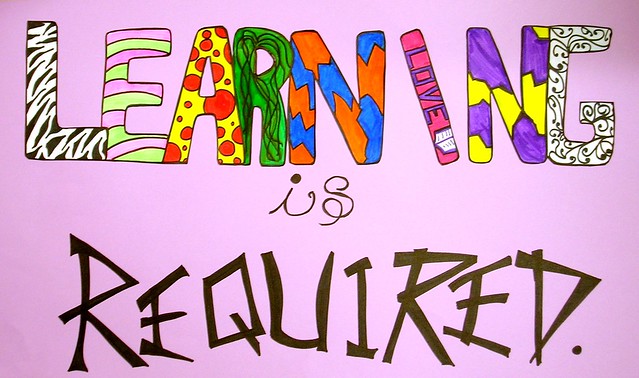I’m addressing you metaphorically, of course, as Austen’s characters are merely that. But, I find no better way to warn you, Girl, of the downside to obsessively fixating on potential matches and romance all around you in the seventh grade. You remember, don’t you, how Lydia’s obsession with “the officers” and her mother’s relentless matchmaking led to shame and embarrassment for her whole family, how she threw caution to the wind and put undeserved faith in Wickham, who was interested in sex and money and very little in Lydia? In Austen’s days, of course, Lydia was old enough to marry, but hitched and pregnant is not where I want you or any of your friends at sixteen. Need a contemporary warning? Lorelei Gilmore (albeit with the worst parents on earth). Pregnant at 16. Yes, it all turned out all right after she lived in a garden shed with her daughter and was estranged from her family for many years. It’s good now, but might I remind you of the years her romance cost her?
 All this is to say, it concerns me that you take so much pleasure in matchmaking your friends at the junior high school dance, that you are “so happy for” the “couple” who has just placed tentative hands on one another’s shoulders and hips for the first time in their lives after only glancing at each other fearfully in the hallway for the first two months of school. You’re happy and squeally for them--as if they’ve just announced an engagement, a wedding, a baby. And this leaves me unsettled and wondering what on earth you think this means—two children swaying together for three minutes in a gymnasium. I hope you know this is not the end of their story. That they will (99.99999% likely) “break up” in the next two weeks, that their hearts will get broken over and over again in the context of this not-quite-real world of global studies tests, bus rides, field trips, hall passes, AP exams, choir concerts and track meets. They might do things they wished they hadn’t.
All this is to say, it concerns me that you take so much pleasure in matchmaking your friends at the junior high school dance, that you are “so happy for” the “couple” who has just placed tentative hands on one another’s shoulders and hips for the first time in their lives after only glancing at each other fearfully in the hallway for the first two months of school. You’re happy and squeally for them--as if they’ve just announced an engagement, a wedding, a baby. And this leaves me unsettled and wondering what on earth you think this means—two children swaying together for three minutes in a gymnasium. I hope you know this is not the end of their story. That they will (99.99999% likely) “break up” in the next two weeks, that their hearts will get broken over and over again in the context of this not-quite-real world of global studies tests, bus rides, field trips, hall passes, AP exams, choir concerts and track meets. They might do things they wished they hadn’t. Sweetheart, some of these kids will take this "romance" in the serious way that you seem to be taking it--up to the next level. You should know: there will be pregnancies you will not see evidence of. There will be diseases you hear nothing about. Some of your friends, too, will end up used and abused by other children who haven't learned anything about real love. There will be appointments and counseling and parents tearing their hair out and crying because these poor parents are strapped with the job of helping these not-quite-or-even-close-to adults navigate adult-like decisions and adult-like hormones and adult-like bodies.
Please accept my kind but urgent rebuke. How about we celebrate romance later? Let’s pull out our dancing shoes when these children understand that romance is as temporary as the cold, solid ice pop you get handed at the Fourth of July parade. What seems so solid and dependable in romance can liquefy in the wrong climates. Let’s laugh and smile when these creatures learn how to own their choices and take responsibility for their lives. Let’s do the Macarena when they learn selflessness, because that's what helps love last; it's what gives romance a fighting chance at re-forming once it's become a puddly mess. Let’s do the Cha Cha Slide and the Chicken when they’ve learned how to suffer long for someone else, when they know how true love hopes and waits and defers and hangs in there and doesn’t give up. Okay, sweetheart? Okay? Okay??
 ***Heather Weber is the author of Dear Boy,: An Epistolary Memoir
***Heather Weber is the author of Dear Boy,: An Epistolary Memoir"Dear Boy, is a brilliant and unusual memoir of distance and absence--the absence of a beloved brother from his sister's life and the absence of healthy mothering that, over the years, drove brother and sister apart. Weber deftly shifts point of view so that, piece by piece, readers gather the sum of confusion and loss. Yet there is so much love and forgiveness in the narrator that, in a way, each character is redeemed. I'm moved by this life, this telling of it." --Fleda Brown, author of Driving with Dvorak.















